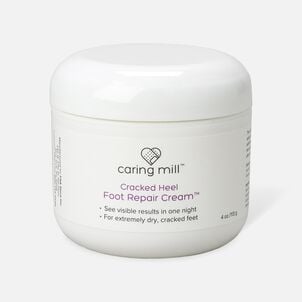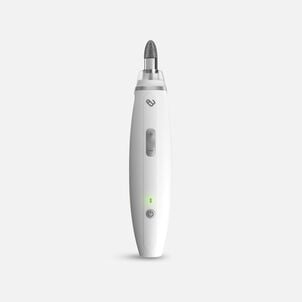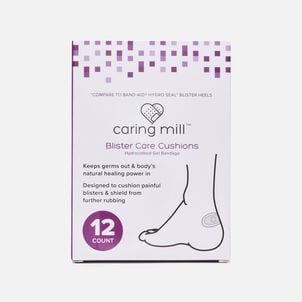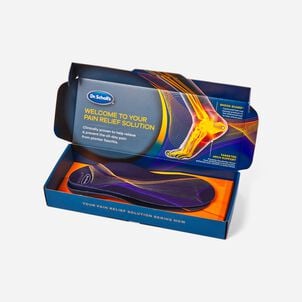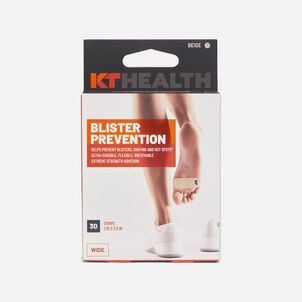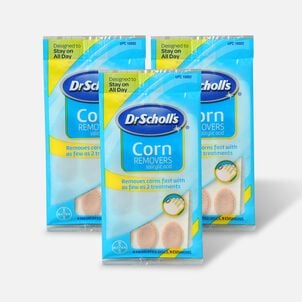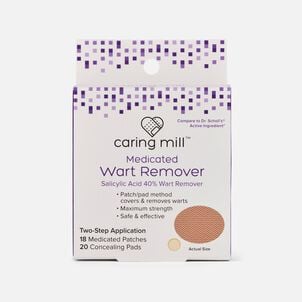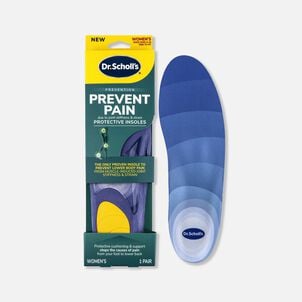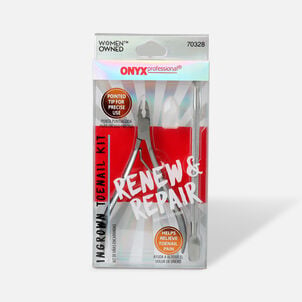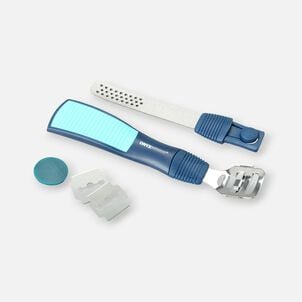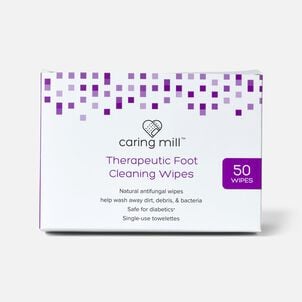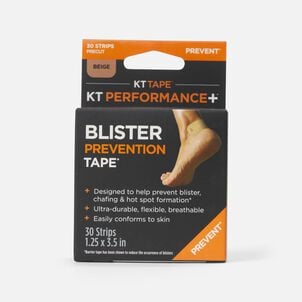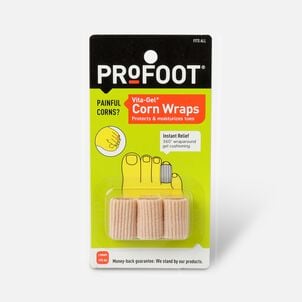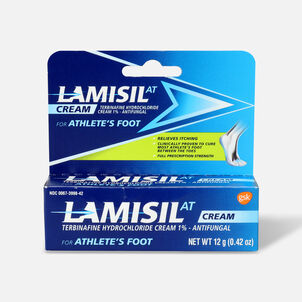The Complete FSA Eligibility List
Here it is — the most-comprehensive eligibility list available on the web. From A to Z, items and services deemed eligible for tax-free spending with your Flexible Spending Account (FSA), Health Savings Account (HSA), Health Reimbursement Arrangement (HRA) and more will be here, complete with details and requirements. Important Reminder: FSAs, HRAs and other account types listed may not all be the same. Be sure to check with your administrator to confirm if something is eligible before making a purchase.
Here it is — the most-comprehensive eligibility list available on the web. From A to Z, items and services deemed eligible for tax-free spending with your Flexible Spending Account (FSA), Health Savings Account (HSA), Health Reimbursement Arrangement (HRA) and more will be here, complete with details and requirements. Important Reminder: FSAs, HRAs and other account types listed may not all be the same. Be sure to check with your administrator to confirm if something is eligible before making a purchase.
Orthopedic Shoes: FSA Eligibility
Orthopedic Shoes: requires a Letter of Medical Necessity (LMN) to be eligible with a Flexible Spending Account (FSA)FSA Eligible Foot Care
Compare to active ingredient in Tinactin Athlete’s Foot Liquid Spray
Compare to active ingredient in Gold Bond Medicated Maximum Strength Foot Powder
Compare to Active Ingredient in Dr Scholl’s Medicated Wart Patches
Compare to Active Ingredient in Lotrimin Ultra Athlete’s Foot Cream
Orthotics are eligible.
What are orthopedic shoes?
Orthopedic shoes are shoes that have been specially designed to accommodate footwear needs of individuals possessing one of several foot disorders, medical conditions or diseases. Orthopedic shoes tend to have in common similar characteristics regardless of the individual's disorder, which include a wider toe box, a firm heel support, and sometimes a removal insole or orthotic for arch support.
Orthopedic shoes are designed to accommodate user issues such as plantar fasciitis, hammer toes, blisters, bunions, foot injuries, heel spurs, alignment issues of the musculoskeletal system, unequal leg length, diabetes, etc (Southeastern Spine Institute).
A medical professional must diagnose an individual's medical issues and provide a Letter of Medical Necessity (LMN) for the individual's expense in purchasing orthopedic shoes to be considered eligible for reimbursement with a consumer-directed healthcare account. Expenses associated with orthopedic shoes may only be eligible for reimbursement in excess of what a normal pair of shoes might cost. Insoles and arch supports for orthopedic purposes are fully reimbursable.
Without a Letter of Medical Necessity (LMN) which would state that the orthopedic shoes are necessary for the treatment or alleviation of a medical condition, the expense of the orthopedic shoes is not considered eligible for reimbursement.
Orthopedic shoes are sold from a variety of stores and source and can be designed with a variety of purposes in mind, from dresswear to athletic activities to leisure. Almost any variety of shoe that might otherwise be desired by an individual can be found in an equivalent or similar type that has been designed orthopedically.


